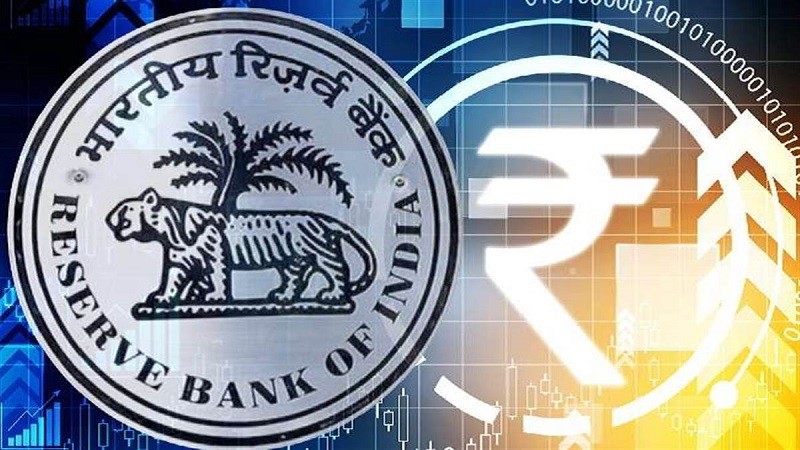
The Reserve Bank of India (RBI) this week launched the digital rupee on a pilot basis. The digital currency, which may be used for both person-to-person and person-to-merchant transactions, will be made available by a small number of public and private banks in a few big cities at first.
What is the digital rupee?: The introduction of RBI digital currencies internationally has worried many who believe that it could disrupt the banking system. It is similar to the actual cash that you have in your wallet except that the e-rupee is maintained electronically in a digital wallet regulated by the RBI. The digital rupee is recognised as legal tender by the RBI, and hence has to be accepted by everyone in the country as a means of exchange. It is, however, distinct from deposits that you hold in a bank. Unlike deposits which are paid interest, the digital rupees in your wallet are not paid any interest by the central bank. Deposits kept in banks can be changed into digital rupees and vice-versa.
Is there a need for the digital rupee?: The RBI believes that the digital rupee will make the rupee more attractive as a currency to users when compared to cryptocurrencies. Many investors consider cryptocurrencies as alternatives to fiat currencies, which over time lose value owing to debasement by central banks. Since such a tendency could challenge their sovereignty, central banks have been striving to come up with their own digital currencies. The RBI also believes that the digital rupee will be easier and more affordable to generate when compared to traditional currency notes. More crucially, compared to real transactions, transactions made using digital rupees are simpler for authorities to track down.
What are the risks?: Many people are concerned about the potential impact of the introduction of central bank digital currencies on the banking sector. People may be more likely to convert their bank deposits into digital currencies when interest rates offered by banks are low since they would not lose out significantly on interest revenue. Such a situation could reduce banks' cash reserves and limit their ability to make loans. It should be noted that the amount of cash that banks have stored in their vaults has an impact on their ability to make loans.
This is so that a bank's ability to grow its loan book while minimising the risk of a bank run can be determined by the bank's cash position. The shift of India to a cashless society may benefit greatly from the digital rupee. A rise in the use of the digital rupee could eventually free banks from having to maintain sufficient cash deposits before they expand their loan books. This could happen if digital rupee deposits turn out to be considered equivalent to other forms of virtual money such as deposits created initially as loans by banks. In this scenario, banks would no longer be at risk of bank runs, which have historically functioned to curb the unrestrained expansion of loan books.